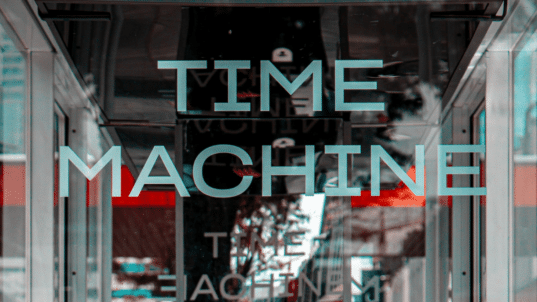’Twas in another lifetime, one of toil and blood
When blackness was a virtue and the road was full of mud
I came in from the wilderness, a creature void of form
“Come in,” she said, “I’ll give you shelter from the storm” Bob Dylan, 1975
After nearly a month of unprecedented political and civil unrest in Madison, I certainly wouldn’t mind a little “shelter” from the storm. But with the battle over collective bargaining rights, state budget priorities, and working class interests versus corporate interests in Wisconsin just shifting to new terrain in the last few days, I can only examine some of the current storm damage and offer a few very rough and weary reflections.
What seems different about these protests:
- As has been much noted about protests in other parts of the world, our changed communication technologies—specifically cell phones, internet, and social networking—have an impact. Individuals are able to share information and images much more quickly and broadly than ever before, which is especially helpful as major media reporting is predictably inaccurate, incomplete or non-existent. Many of the rallies and other events were organized within hours by individuals working through Facebook and other social media sites.
- While I’ve definitely seen more community and collective action in the last 3 weeks than in 40 years, I also can’t help but note that our “community” is now much more diverse (in most ways a good thing), but also more disparate (thinner), than some of the efforts from long ago. As an example, and this may change yet, but so far I sense relatively few “anthems” or hymns for these protests—the Star Spangled Banner being one of the few songs that is known and which I’ve heard the crowds sing together. Perhaps we need some remedial lessons in the old labor songs, church hymns, and protest anthems—or some altogether new ones for this generation. Undoubtedly I’m old school on this subject, but a few repeated chants seem a poor substitute for a few verses of “We Shall Overcome” or “Solidarity Forever.” I want to sing as well as yell.
- Though you couldn’t tell from much of the lamestream media coverage, these protests are broad-based and deep, much more so than anything I’ve seen in a long, long time. Contrary to the comments from many Republicans (and the assumed narrative of many media outlets), they do not just encompass a few union guys, grad students with bongo drums, and aging Madison hippies—though there are plenty of those. My observation of the crowds at the Capitol (and from talking with many in them) is that they are composed of a majority of middle and working class people from all walks of life and from all parts of the state. Significant portions of the crowds are composed of older protestors (lots of gray hair and grandparents), private-sector employees, professionals, and others with little or no direct union connections. Many of them see this as not just about protecting any singular union interest, but really about protecting key elements of our democracy. Maintaining public employees’ rights to bargain, sitting down to negotiate our disputes, free speech, having access to the Capitol to express free speech, and public notice for meetings all seem not only threatened but fair, reasonable, and in some cases required by statute or constitution. These concerns seem to be widely shared—at least judging by the thousands of clever and home-made signs and other expressions of passion by those both young and old.
What seems the same:
- The tendency toward demagoguery and, as frustration mounts on both sides, name-calling and other schoolyard tactics. Inevitable perhaps, but disappointing and usually unproductive.
- The media get it wrong, over and over and over again. This isn’t anything new of course, just a frustrating reality. It takes a few minutes of effort to talk to an expert, look something up online, get the background, get the context, etc. These are apparently minutes that few of the media are willing to expend or pay for.
- The sense of self-centered, self-important drama—of which much of this posting is an admittedly sanctimonious example. The hope (eventually leading to an assumption) that not only is “whole world watching” but that the whole world cares. They aren’t and they don’t. Numerous daily instances of self immolation might keep the protests in the news—but only if there was good video for YouTube and Tosh.0.
One last observation: The kind of conversational dialogue, multiple perspectives, and efforts toward longer-term thinking practiced by the Interactivity Foundation all seem like a good and necessary part of some form of a healthier open government. But as recent events remind us, our authoritarian impulses are also constantly at work. And these impulses not only despise dialogue, reasoned argument, and multiple perspectives, they work ceaselessly to ignore, shut down, and sell them off to the wealthiest bidder. Against this sad reality, dialogue and discussion efforts are unquestionably nice even necessary but also completely insufficient. Advocacy, protest, and civil disobedience (among other forms of political behavior) are required as well. The plutocrats aren’t ever going to give up their toys, power, or share of the last Wall Street bailout just because they participated in a facilitated discussion that included multiple perspectives.



